-
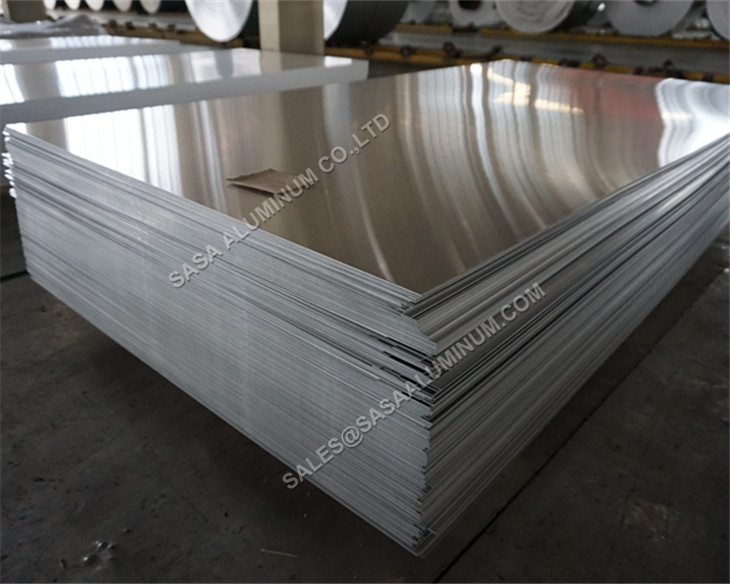
The wire drawing process of aluminum plate is a specialized surface treatment technique that enhances both the aesthetic appeal and functional performance of aluminum materials. Widely used in electronics, construction, and architectural decoration, this finishing method imparts a unique linear t...Read more »
-
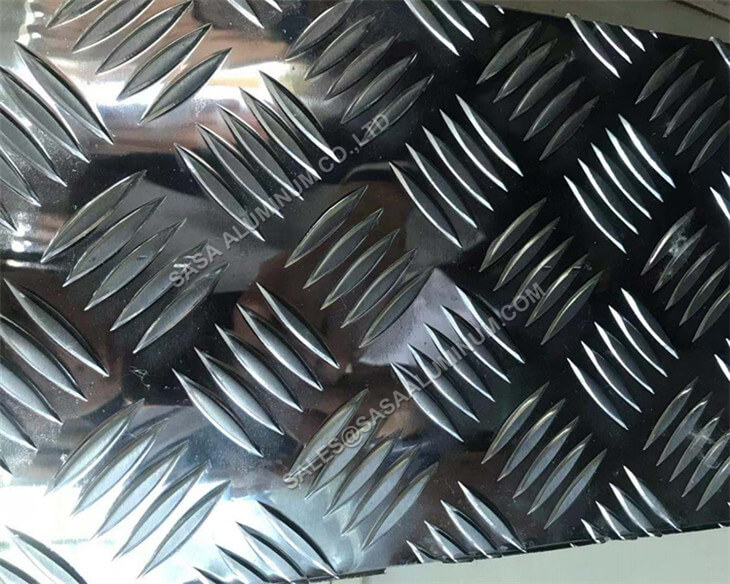
Chequered plates, also known as checker plates, tread plates, or diamond plates, are widely recognized for their raised surface pattern which provides slip resistance and aesthetic appeal. These metal plates are commonly used in flooring, stair treads, walkways, industrial platforms, ramps, and d...Read more »
-
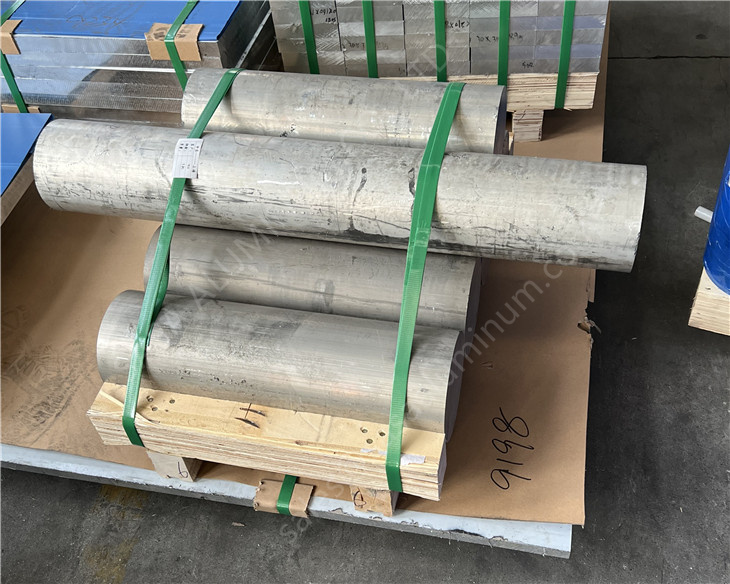
Aluminum is one of the most widely used metals in engineering, manufacturing, and construction due to its lightweight nature, excellent strength-to-weight ratio, and high corrosion resistance. Among the many aluminum grades available, 6061 and 7075 are two of the most commonly used alloys, especi...Read more »
-
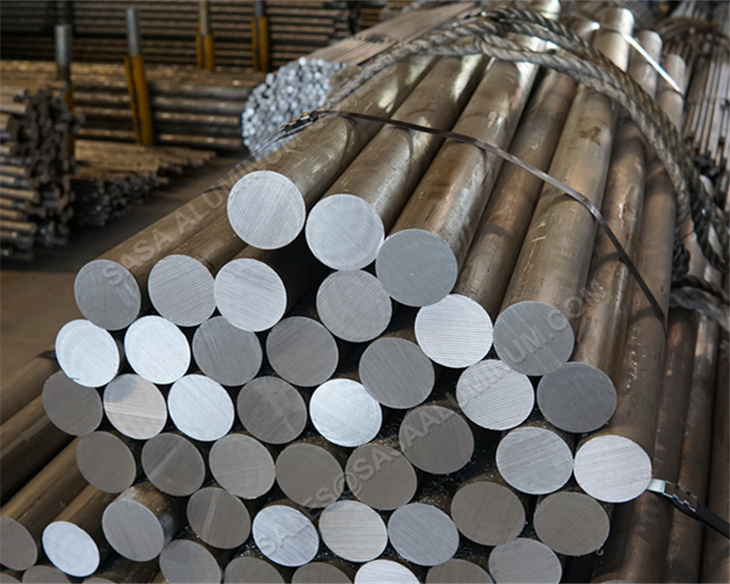
Aluminium has become a cornerstone material in modern engineering, especially in industries where corrosion resistance, light weight, and strength are essential. Among its many forms, aluminium bars stand out as a preferred choice in marine applications. From boat frames and gangways to underwate...Read more »
-
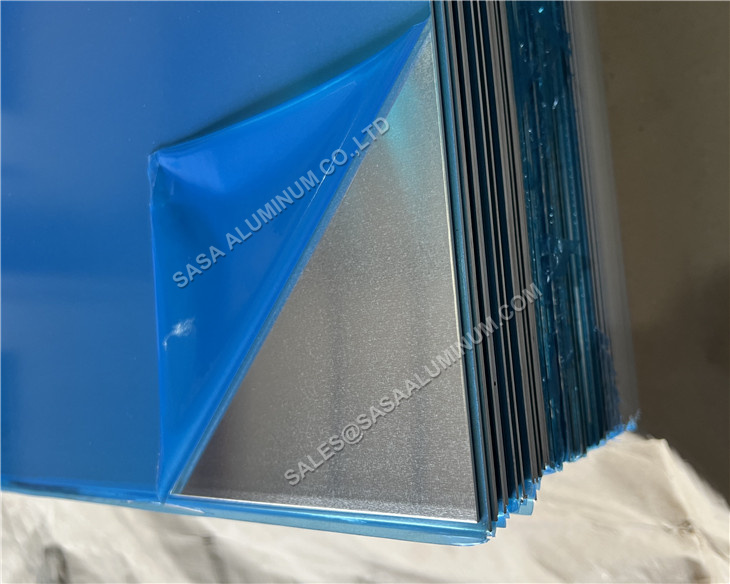
Aluminium is one of the most versatile and widely used metals in the world. Its unique combination of properties — lightweight, corrosion resistance, strength, and ease of fabrication — makes it indispensable in countless industries. However, not all aluminium materials are the same. There are ma...Read more »
-
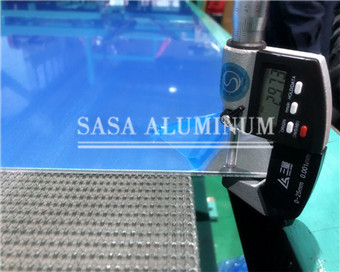
Aluminium is one of the most widely used metals in the world. Its unique combination of properties — lightweight, corrosion resistance, excellent conductivity, strength-to-weight ratio, and formability — make it a preferred material across numerous industries. From everyday household items to cut...Read more »
-
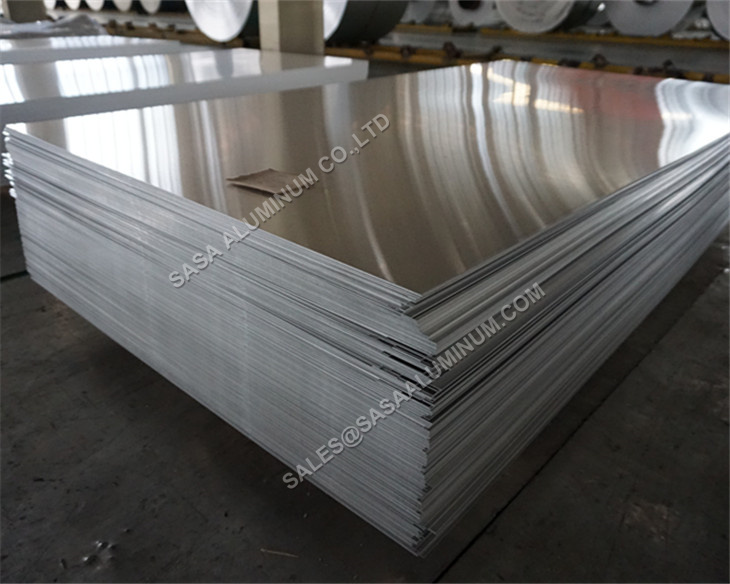
Aluminum alloys are essential materials in industries that require high strength, excellent resistance to corrosion, and the ability to withstand high-stress environments. Among these, ASTM B209 2219 Aluminum Sheets stand out due to their impressive properties, which make them ideal for high-perf...Read more »
-
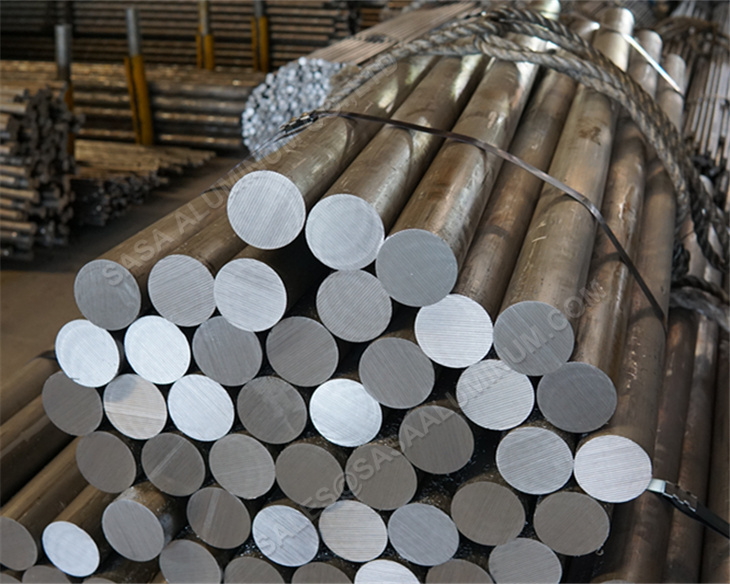
Aluminium alloy 7075 is one of the strongest aluminum alloys available today, and it is highly valued in industries that demand exceptional strength, lightweight properties, and high performance. Aluminium alloy 7075 round bars are commonly used in aerospace, defense, automotive, and other indust...Read more »
-
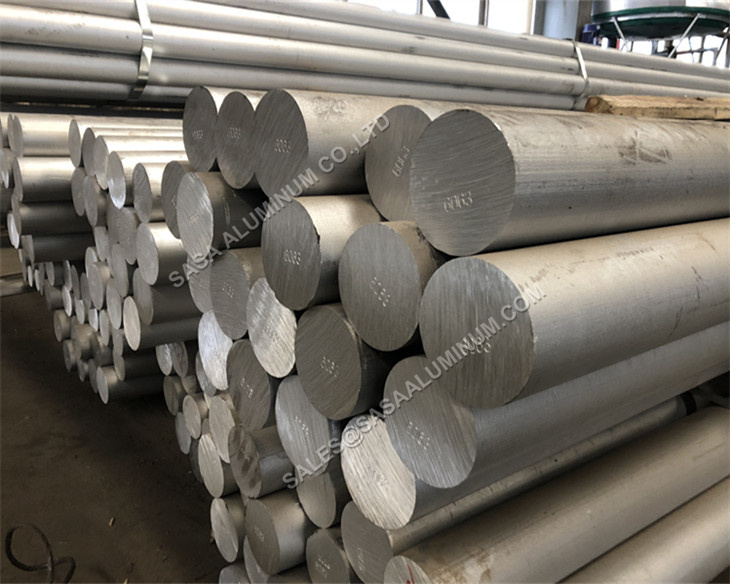
Aluminum alloys have earned a reputation for their light weight, strength, and versatility. Among these, 2219 aluminum is a standout material, particularly known for its high strength at elevated temperatures, making it ideal for critical applications in aerospace and other high-performance indus...Read more »
-
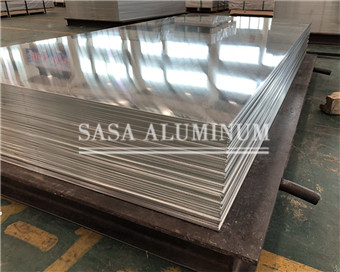
Aluminium 1100 is one of the most widely used grades of aluminum, known for its exceptional workability, corrosion resistance, and excellent forming characteristics. This alloy is often chosen for a variety of applications, ranging from simple commercial products to highly specialized industrial ...Read more »
-
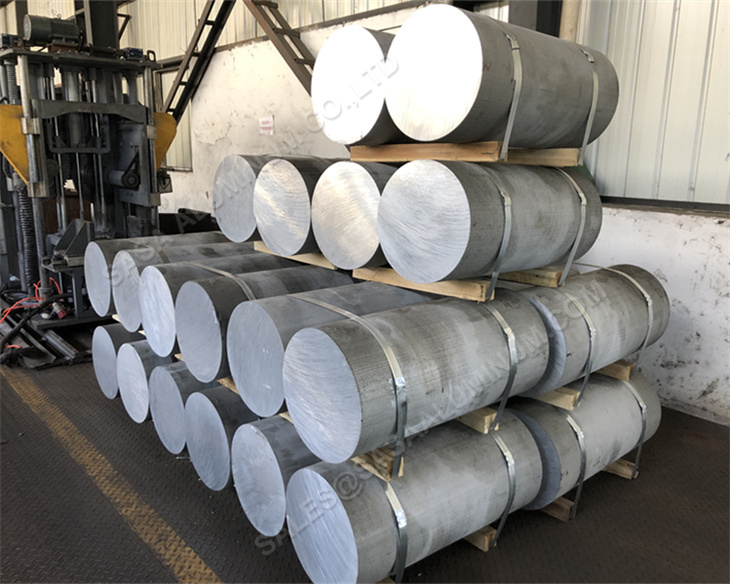
Aluminum has been a game-changer in the aerospace industry for over a century. Its unique combination of light weight, strength, corrosion resistance, and workability makes it ideal for aircraft manufacturing. But not all aluminum is the same. Only certain high-performance alloys meet the demandi...Read more »
-
Aluminum is one of the most widely used metals in the world. Found in everything from aircraft and skyscrapers to smartphones and food packaging, aluminum owes its popularity to its unique combination of physical properties. These characteristics make it ideal for applications that demand strengt...Read more »